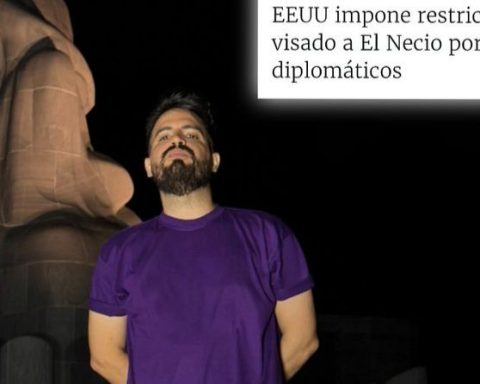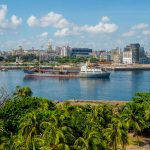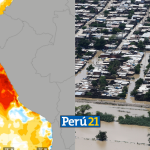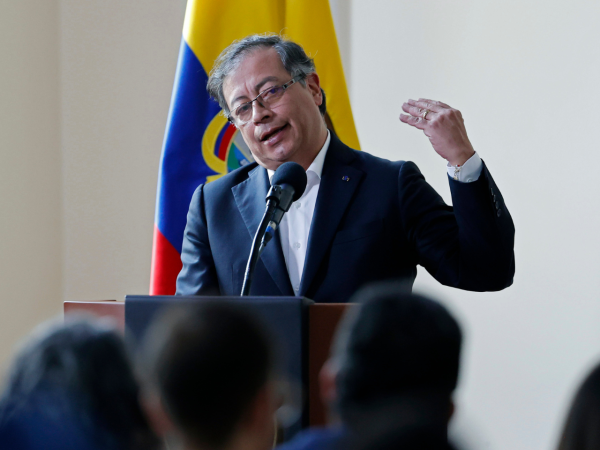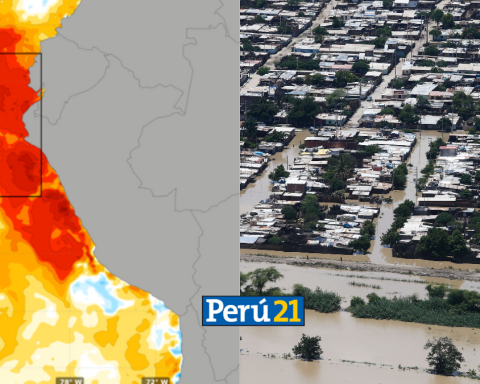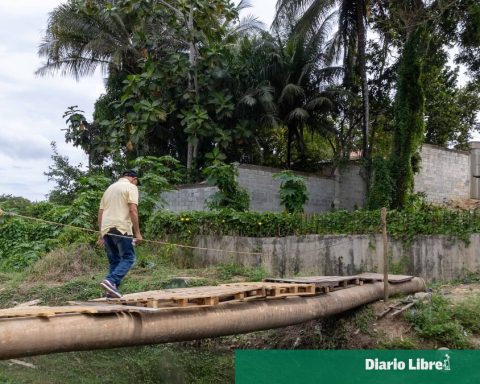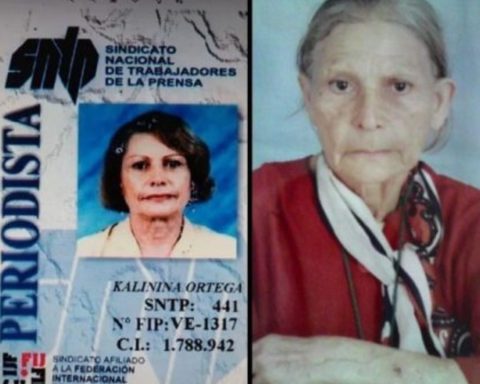The Government of Havana reported this Tuesday that as an organizational measure for the sale of fuelGiven the existing shortage, its sale will be limited in service centers for all consumers.
according to a note published by the provincial newspaper Havana TribuneIn the case of diesel, the maximum sale per vehicle will be up to 100 liters. For gasoline, a limit of up to 40 liters was established.
⛽ Given a context of decreased sales of fuel in #Cuba, @gobhabana decided to limit sales per vehicle in service centers for all consumers.https://t.co/y8CjQ2M6wj
— Cubadebate (@cubadebatecu) April 18, 2023
The communication emphasizes that the fuel will only be served in the tanks of each vehicle.
The provincial government determined that diesel will be dispensed in only four insurance service centers for prioritized activities (Bacuranao, in Habana del Este, Calle 31 and 18 in Playa, El Principal in Boyeros, and Agua Dulce in Cerro), in the that the sale will be made to private carriers and owners of private or leased vehicles, or collaboration projects with a private card.
Likewise, for the sale to all consumers, service centers will be assigned by type of fuel and level of priority.
For the sale of B94 Gasoline, seven establishments were established, eight for the distribution of B90 Gasoline and five for B83 Gasoline, the publication specifies.
Cuba has been going through an acute crisis of fuel supplies for several weeks, a situation that the Government attributed to problems in the traditional supplying countries that have prevented it from fulfilling its commitments.
As a result of this situation, the capital’s government had advanced that it would take measures to cushion the impact of the shortage, among them a readjustment in the fuel figures assigned to vital activities, as well as extending the supply service to gas stations until dawn, where there are long lines of vehicles waiting to buy fuel.
The fuel crisis in Cuba will last until May, reports the Government
The owner of the Ministry of Energy and MinesVicente La O, reported that the problem with fuel supplies will not be solved before next May, and that the objective at this time is to prioritize vital transport services.
“We are going to continue removing fuel partially, in a reduced way so that the supply does not reach zero and vital services can be guaranteed,” the Minister said on national television.
Cuba imports practically all the oil it consumes and mostly uses this fuel to generate energy. Venezuela and Russia are among its main crude suppliers, but have been forced by different circumstances to reduce their shipments to the island.




